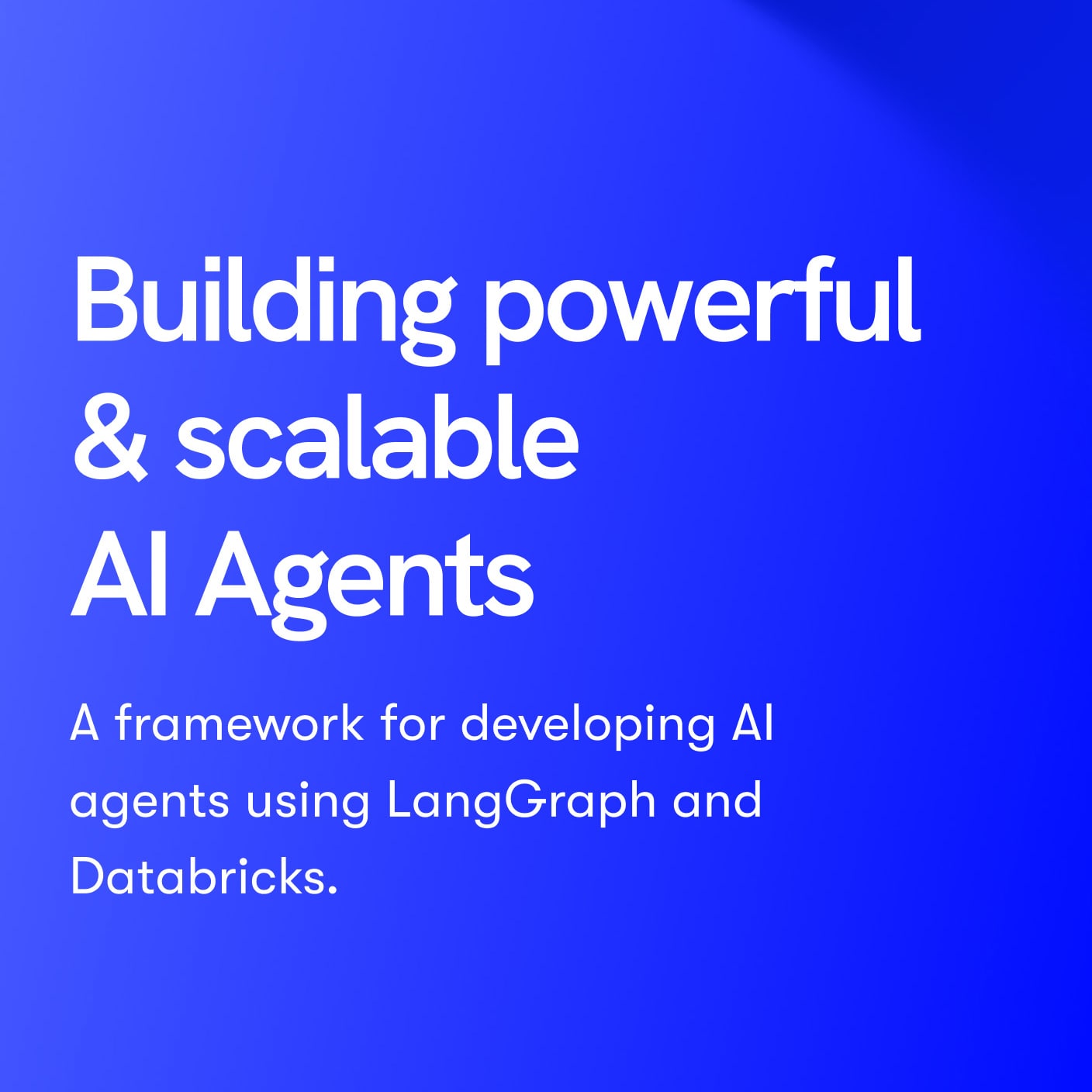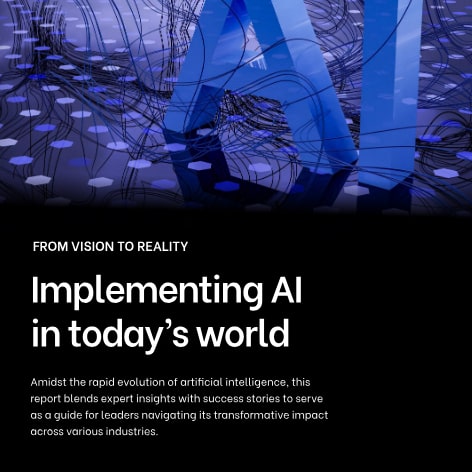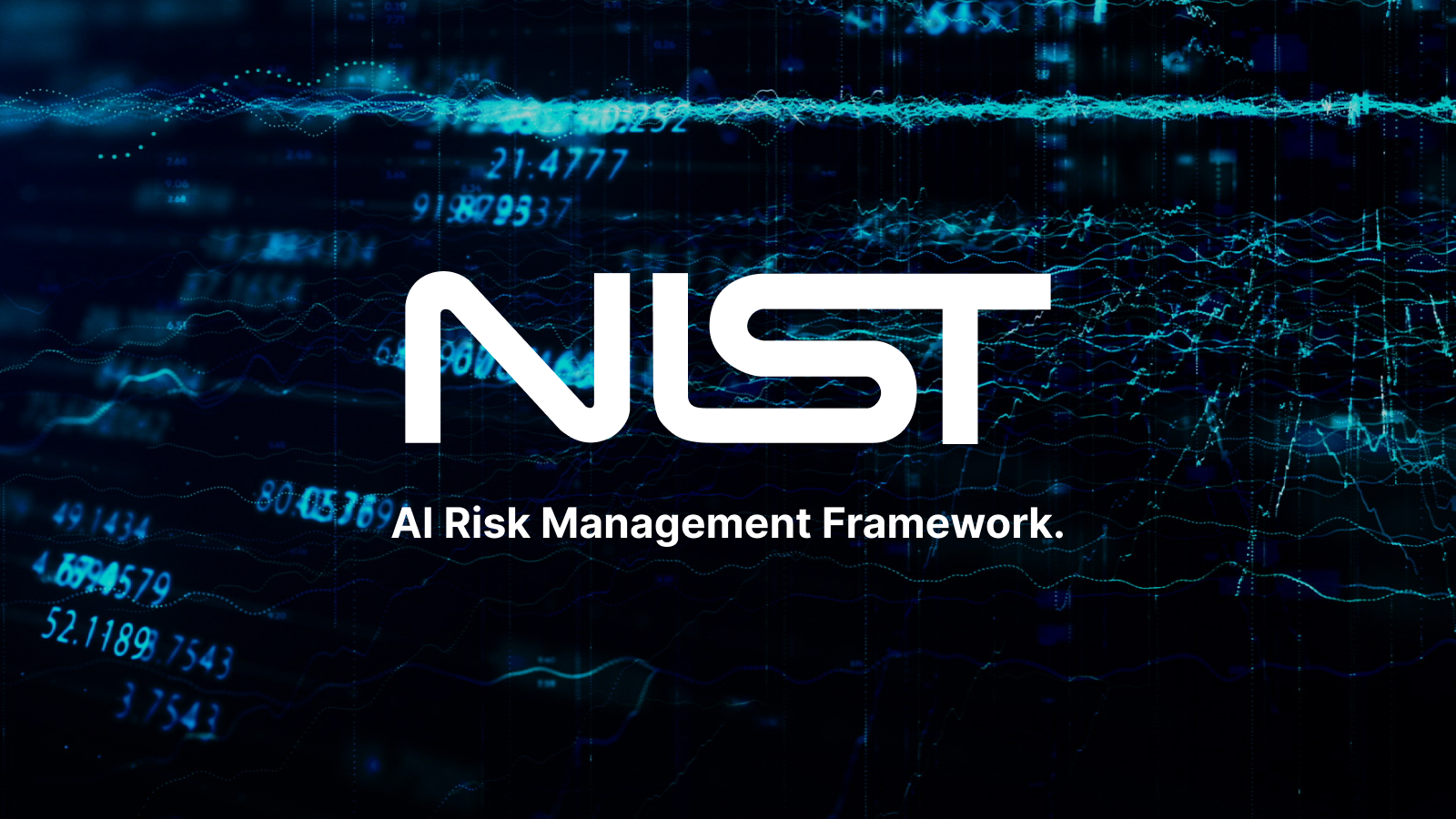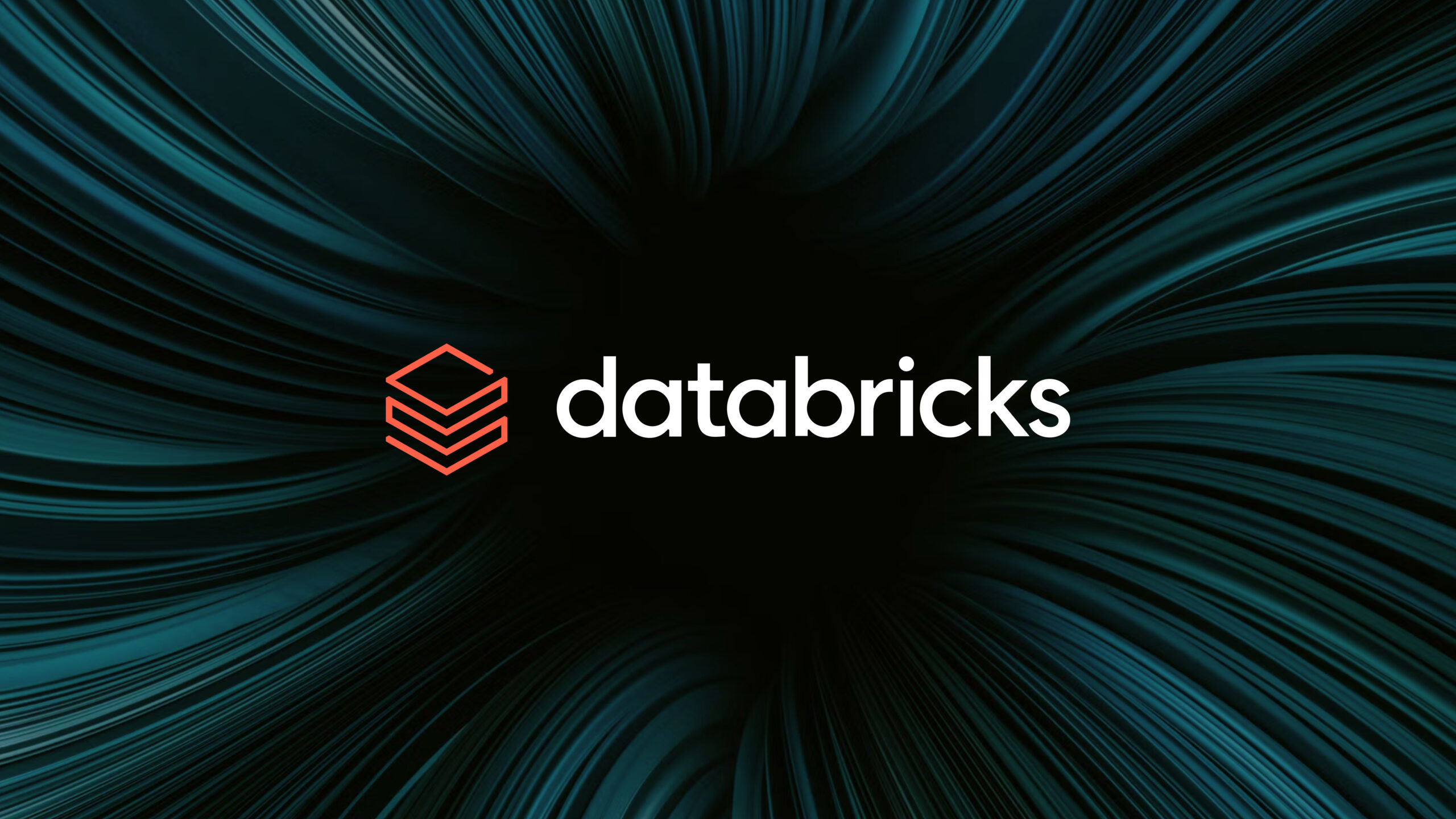Embedded finance is the future of customer engagement. That was the resounding message from Crosstech Fintech 2024 in New York, where I joined industry leaders to discuss the latest trends shaping financial services. This strategy of seamlessly integrating financial products into non-financial platforms dominated discussions – highlighting its potential to revolutionize how consumers interact with financial services.
The future of fintech
Reflecting on the event, I came away with 3 key takeaways on the future of fintech.
1. A tsunami of embedded finance use cases is about to emerge
While embedded finance has existed for several years, the strength of the discussions at the event, as well as the maturity of the different examples, really brought home the impact that it’s going to have in the next few years. The transformation of digital payments can be seen as the earthquake of embedded finance, as every company sought to embed some form of financial transaction into their product or service. The impact of AI may well be the following tsunami that drives embedded finance to new levels of innovation and adoption over the next 5-10 years – imagine for example a predictive credit card that automatically offers a consumer different payment options at the point of sale.
For example, here at Qubika we’ve been working with one of our healthcare clients to embed digital payments into their offering – providing financial rewards and discounts for people that successfully follow a healthy lifestyle. Such examples demonstrate the potential of embedded finance to unlock value and deepen customer relationships across various industries and sectors.
2. AI has already become table stakes
As Mastercard’s Senior VP, Stefany Bello, emphasized, a frictionless customer experience (CX) is paramount for fintech adoption. And creating such customer experiences increasingly relies on the power of machine learning and AI. Indeed, AI has already evolved from a differentiator to a necessity across numerous business processes – its rapid adoption evident in the myriad use cases, from robust fraud detection and risk management to AI-powered customer service and hyper-personalized product recommendations.
However, there are numerous challenges with AI for fintechs. These include finding people with the necessary data expertise in a highly competitive talent market. Also, the market is moving at lightning speed – understanding and implementing the right tools and technologies for the specific use cases which will deliver the most business value is a constant challenge for executives. When I speak with Qubika’s fintech clients, one of the first things we spend time on is identifying the strategic uses of AI, and then mapping these against business priorities.
3. Hyper-personalization will lead to a new era of financial products
The era of one-size-fits-all financial products is over. Fintechs and incumbents alike are investing heavily in data analytics and machine learning to deliver tailored financial solutions. This includes dynamic pricing, customized investment portfolios, and highly targeted marketing campaigns.
One of the examples that I mentioned on the panel was Qubika’s partnership with one of the US’ leading fintechs which has over 3 million customers. Our team has built 40+ machine learning models to enable the fintech to create highly customized and personalized services. In one use case, these machine learning algorithms dig deep into various metrics, including customer payment histories, credit bureau reports, and specific transaction data, to enable them to instantly offer credit cards to people with a sufficient credit history.
Case study: Embedded finance in action
A compelling case study presented by Payzen, a platform that streamlines healthcare payments, demonstrated the transformative power of embedded finance.
They shared their success story from Guatemala, where they implemented personalized payment plans and AI-powered financial tools for patients and providers. Their approach, marked by a pilot project, validation, and rapid scaling, offers a valuable roadmap for fintech product development.
The path forward for fintech
Lisa Lanham, a specialist fintech attorney, reminded us that fintech is fundamentally about leveraging technology to “meet people where they are” and solve their financial challenges. We can see how the future of financial services is digital, data-driven, and customer-centric. The ability to integrate financial products into everyday experiences, harness the power of AI, and deliver hyper-personalized solutions will define the success of the next generation of fintechs.
To learn more about how Qubika is shaping the future of financial services, explore our solutions.
financial-1-compressed

































